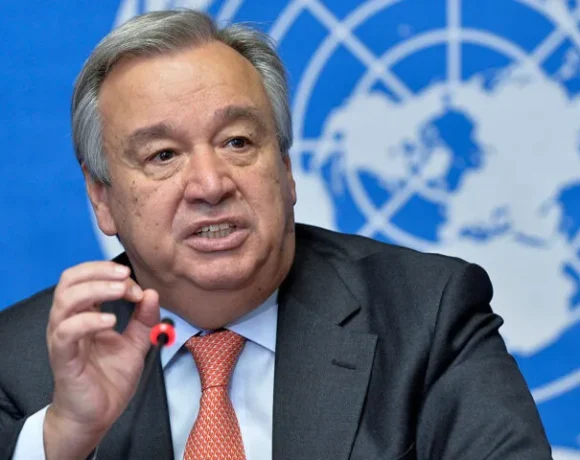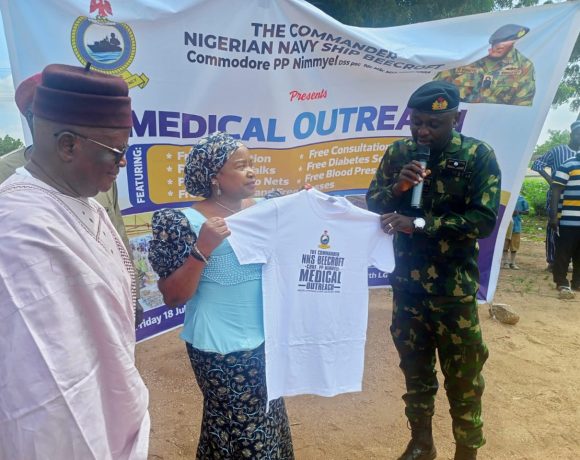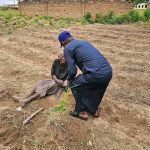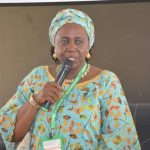Nigerian novelist Chimamanda, decry hardship

Nigeria
When celebrated author Chimamanda Ngozi Adichie speaks, millions listen—and this time, her words are ringing louder than ever as she draws attention to a crisis gripping the heart of Nigeria.
In what can be described as a heartfelt interview with Channels Television’s Amazing Africans, Adichie described an unsettling shift: the slow, painful collapse of Nigeria’s middle class, and the depth of suffering now visible across the nation.
Gone are the days when the middle class held hopeful aspirations for their children and strove to maintain dignity amid economic turbulence. “Life has become so hard in Nigeria, and me I can see it,” Adichie said, her voice tinged with sorrow. Families once proud of their modest stability have been “reduced to begging,” she shared, pointing out that this new reality was unimaginable mere years ago.
The acclaimed writer—whose works often chronicle the struggles and resilience of ordinary Nigerians—spoke candidly about her concern for those most affected by the current hardship. The cost of daily necessities, particularly food, has soared to unthinkable levels, putting even basic survival out of reach for many. “The level of suffering, how expensive food has become… I think the biggest political judgment one can make is about the lives of ordinary people,” she insisted.
For Adichie, market indexes and political high drama pale in comparison to one urgent question: “That person earning minimum wage, how is that person getting on in this economy?” She pressed home the idea that a nation’s greatness is measured not by its stock market, but by the well-being of its most vulnerable citizens. The swelling tide of hardship, she warned, threatens to unravel social fabric stitched together by hope and hard work.
Chimamanda’s words resounded with empathy and realism, refusing to romanticize the current moment or overlook its dangers. “It’s not to excuse crime, but I think when life gets very hard, even people who before would not have considered certain things suddenly are willing to, and that’s dangerous to society.” Her candor is a stark reminder that desperation can breed risks, often pushing honorable people toward unimaginable choices.
Despite the bleakness, Adichie’s story is also rooted in resilience. Reflecting on her own journey as a writer—one marked by initial rejection—she shared how unwavering purpose kept her afloat. “The thought of quitting writing is never an option for me because writing is my vocation… I feel that is a gift that I am given, and so even if I hadn’t been published, I would still be writing today,” she revealed, recalling as many as 25 early rejections for her debut novel, Purple Hibiscus.
That sense of vocation, of perseverance in the face of adversity, served as a subtle call to arms for ordinary Nigerians facing “unbearable” circumstances in today’s economy. The path may be uncertain, but Adichie’s belief in the intrinsic worth and strength of her countrymen is unshaken. The possibility of a better tomorrow, she implied, rests not only in elite decisions, but in the courage and endurance of everyday people.
For many viewers, Adichie’s passionate plea was a mirror, showing them their own struggles reflected in her words. It was also a lifeline—a reminder that while despair may rise, the human spirit can rise higher. As hardship gnaws at the nation’s middle and lower classes, her voice echoes with hard-earned hope, urging compassion, unity, and, above all, the determination to never give up.
In the end, Chimamanda Ngozi Adichie’s message cuts through the noise: that in Nigeria’s most difficult hour, the everyday lives of its people demand not just attention, but deep empathy and urgent action. And in that truth lies the promise of healing, dignity, and, perhaps, renewal.









